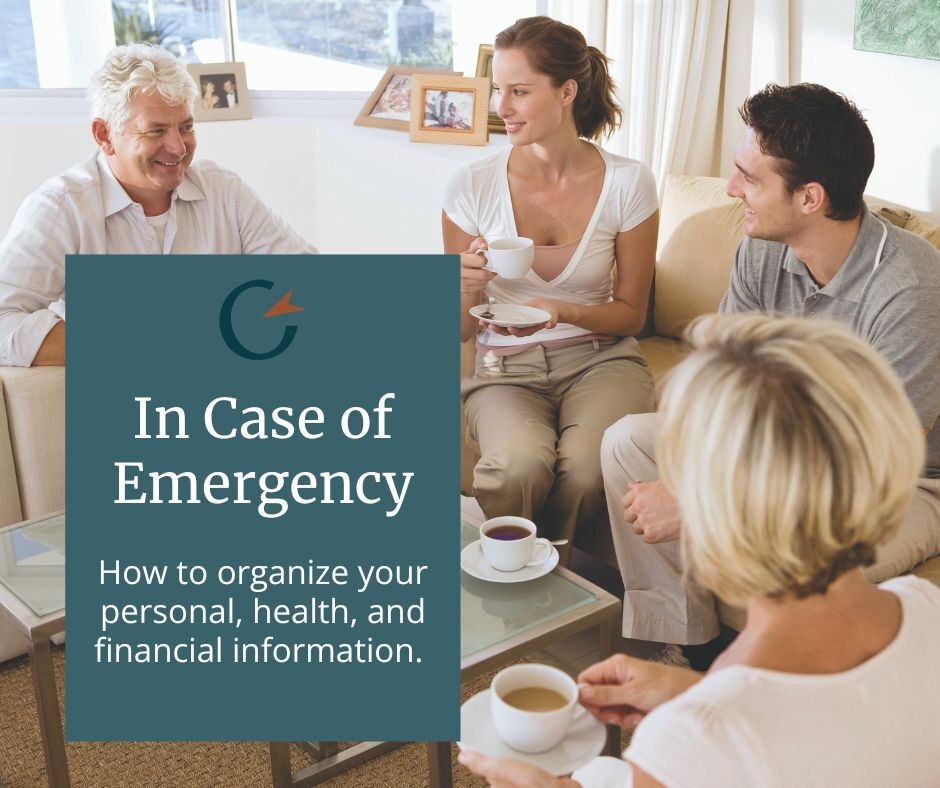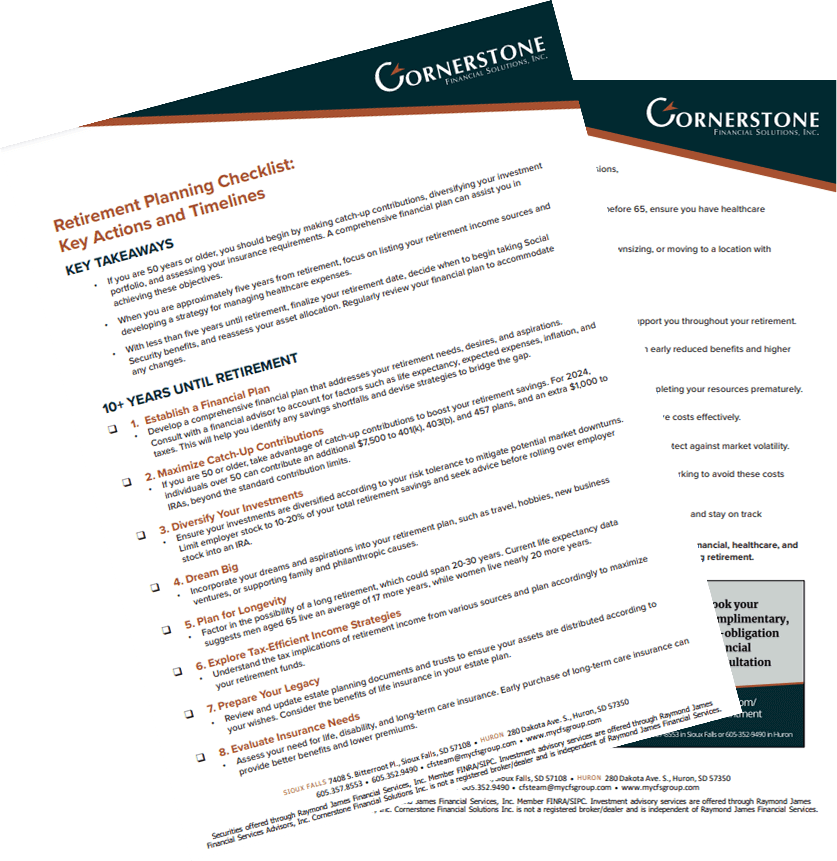Organize your vital personal, health, and financial information in one accessible place to help your loved ones navigate with ease should something happen to you.
Life can be unpredictable, and emergencies can happen when we least expect them. Think about this: if you have a medical emergency, could your loved ones access your phone? If your partner couldn’t talk, do you know their usernames and passwords? Does your family know the names of your doctor and important medical information? Could they easily find your IDs and legal documents?
Make sure your family doesn’t have to wade through piles of paperwork or argue about who will take care of the cat by having vital personal, health and financial information in a centralized and accessible place. Here are some practical steps you can take:
Personal and Digital Connections
Compile a list of your usernames, passwords, and other login details in case someone needs to access your electronic devices or social media accounts. You can keep this information secure by using password management tools or a digital vault.
Create a list of essential personal and professional contacts who should be notified if you have an emergency or are incapacitated, including employers, attorneys, and financial advisors. Help make it easy for your family to reach out to your community of connections if needed.
Do you use an online financial aggregation service or app? A trusted contact will need to know how to access anything that is password protected.
Health and Medical Information
Who will advocate for your health needs during a medical emergency? Having quick access to your health information can be a lifesaver and help remove doubt and stress when handling difficult situations. Create a document with details about your primary healthcare providers, ongoing medical conditions, allergies, and any medications you’re currently taking.
Consider obtaining an advance directive to provide instructions for medical care if you become unable to make decisions. According to the Journal of Preventative Medicine only 26% of Americans have taken this important step.
Legal and Financial Documents
Ensure your important documents such as wills, trusts, advance directives, and power of attorney are in order and make sure a trusted person knows where to find all of this information. If you’re unable to manage your affairs for a period of time, your representative may need proof of ownership documents such as the deed to your house and vehicle titles or contracts such as sale of property.
Not a Cornerstone client?
Will your loved ones have the information they need if something happens to you? Preparing involves organizing your personal, health, and financial information. The Cornerstone Experience® gives our clients access to our professional team and several online tools to help organize personal, health and financial information in a centralized and accessible place.
Contact us today at 605-357-8553 or cfsteam@mycfsgroup.com if you’d like to learn more about the unparalleled service you can expect from the Cornerstone team.
CSP #541388 Exp. 7.10.25








